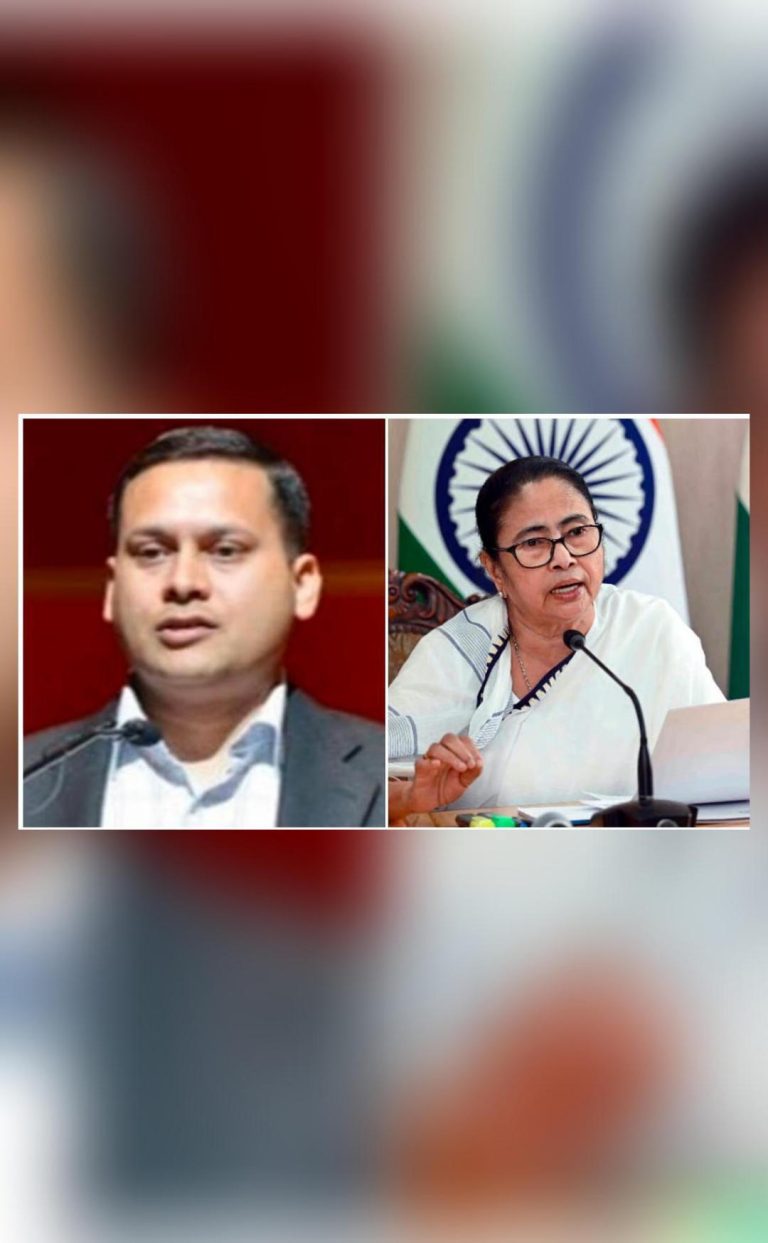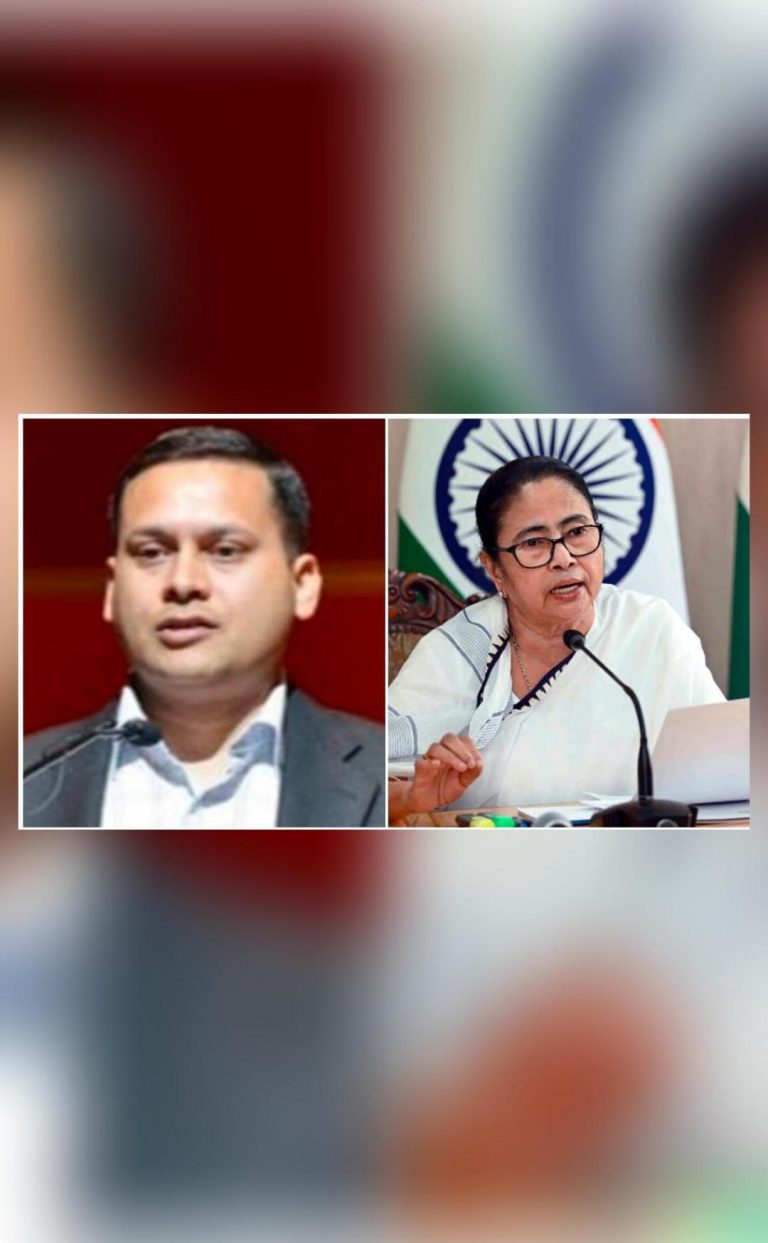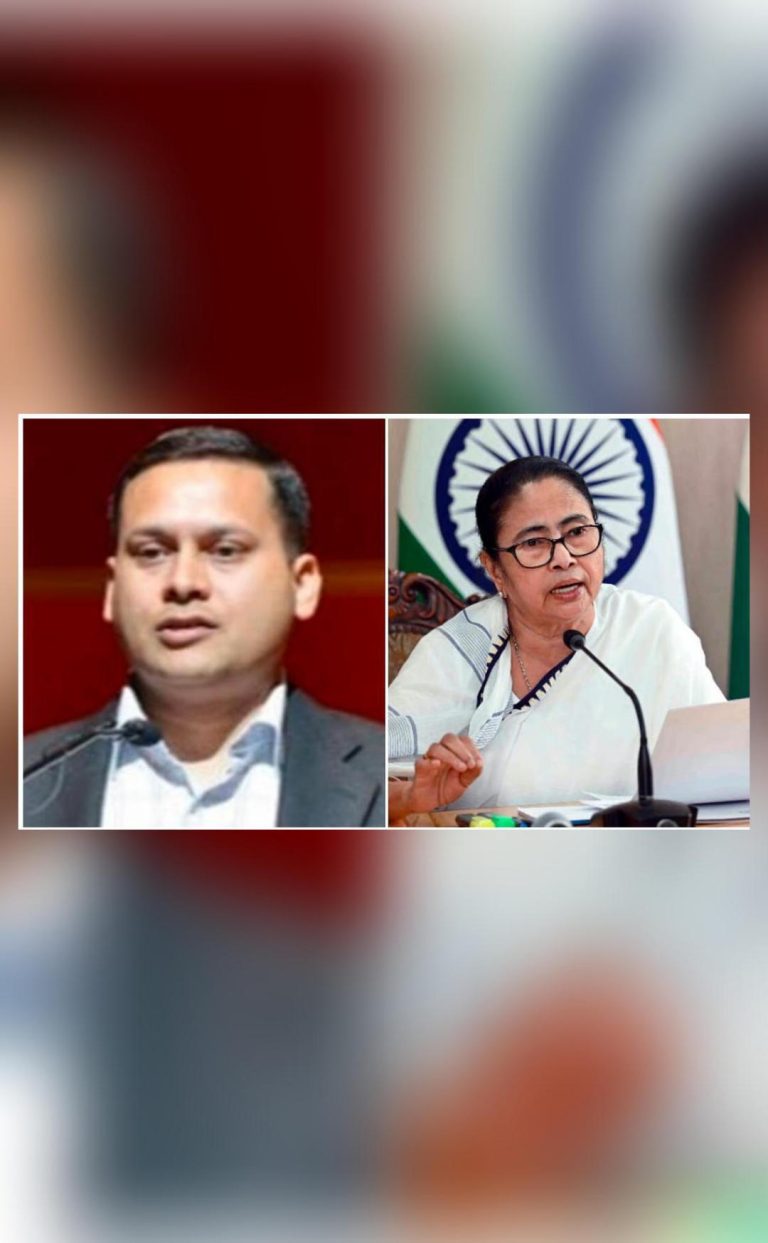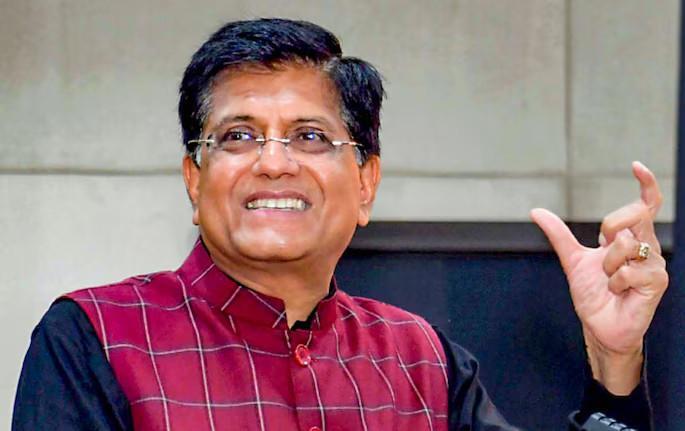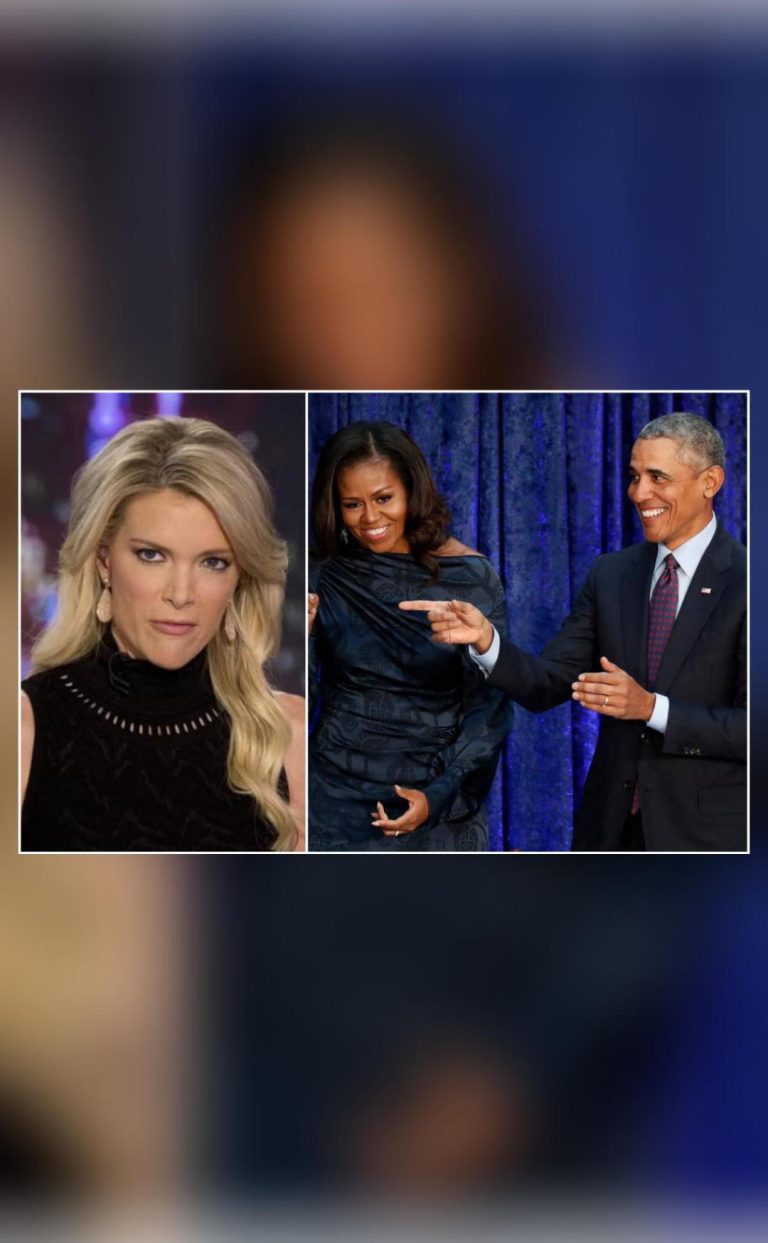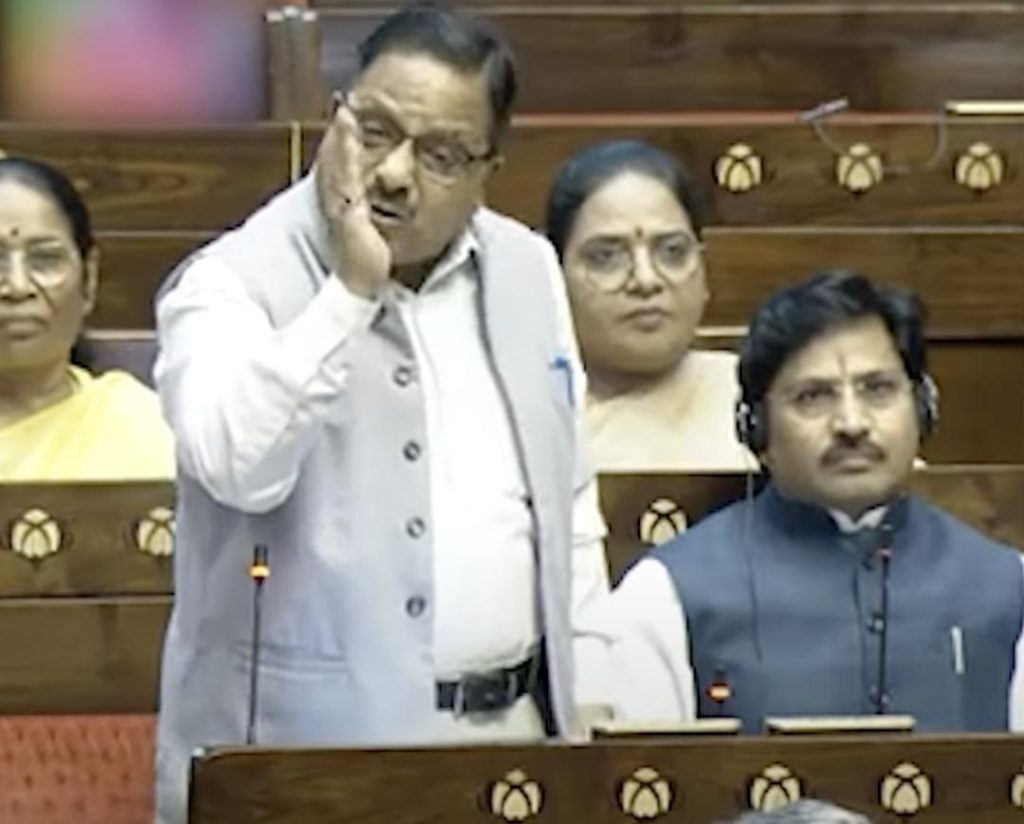
Should I read Quran & tell you what’s written in it: BJP MP Radha Mohan Das on Waqf Bill
In a recent development, the Waqf Bill was discussed in the Indian parliament, sparking a heated debate among politicians from various parties. During the discussion, BJP MP Radha Mohan Das sparked controversy by asking if he should read the Quran and tell what is written in it. The comment was made in response to the allegations of irregularities and misuse of Waqf properties by the Waqf Board. In this blog post, we will delve into the context of Radha Mohan Das’s comment, the Waqf Bill, and the significance of the Quran in the Indian context.
Background: The Waqf Bill
The Waqf Bill is a proposed legislation aimed at reforming the management of Waqf properties in India. Waqf refers to the Islamic concept of endowment, where a person donates property or assets to a religious institution or charity. The Waqf Board is responsible for managing these properties, which are estimated to be worth over Rs. 1 lakh crores. However, over the years, there have been allegations of irregularities and misuse of these properties by the Waqf Board.
The proposed Waqf Bill seeks to introduce Transparency, Accountability, and Efficiency in the management of Waqf properties. The bill aims to establish a robust framework for the accountability and transparency of the Waqf Board, ensure the protection of Waqf properties, and provide for the participation of the general public in the management of these properties.
Radha Mohan Das’s Comment
During the discussion on the Waqf Bill, Radha Mohan Das, a BJP MP, made a comment that sparked controversy. He asked if he should read the Quran and tell what is written in it. The context of his comment was the allegations of irregularities and misuse of Waqf properties by the Waqf Board. Radha Mohan Das alleged that the Waqf Board was violating the principles of Islam by not maintaining a written record of its properties and transactions.
Significance of the Quran
The Quran is the holy book of Islam, considered by Muslims to be the word of God as revealed to the Prophet Muhammad. It is the primary source of guidance for Muslims and contains the teachings of Islam. The Quran is a sacred text that is revered by Muslims worldwide.
In the context of Radha Mohan Das’s comment, the Quran is significant because it is the basis of Islamic law and practice. The Quran emphasizes the importance of honesty, integrity, and transparency in all aspects of life. The Quran also emphasizes the importance of keeping records and accounts, which is why Radha Mohan Das referred to the Quran when questioning the Waqf Board’s lack of written records.
Implications of Radha Mohan Das’s Comment
Radha Mohan Das’s comment has sparked a heated debate, with many arguing that it was inappropriate and disrespecting of Islam. However, others have argued that Radha Mohan Das was simply highlighting the hypocrisy of the Waqf Board and its lack of adherence to Islamic principles.
The comment has also raised questions about the role of religion in Indian politics and the limits of religious freedom. While India is a secular democracy, religion plays a significant role in Indian politics and society. The comment has sparked a debate about the extent to which politicians should engage with religious texts and practices in their public discourse.
Conclusion
Radha Mohan Das’s comment about reading the Quran and telling what is written in it has sparked a heated debate in India. While some have criticized the comment as being inappropriate and disrespecting of Islam, others have argued that it was a legitimate critique of the Waqf Board’s lack of transparency and accountability.
The Waqf Bill is an important piece of legislation that seeks to reform the management of Waqf properties in India. The bill aims to introduce transparency, accountability, and efficiency in the management of these properties, which are estimated to be worth over Rs. 1 lakh crores.
As the debate surrounding the Waqf Bill and Radha Mohan Das’s comment continues, it is essential to consider the significance of the Quran in the Indian context. The Quran is a sacred text that is revered by Muslims worldwide, and its teachings on honesty, integrity, and transparency are essential for building a just and equitable society.
Source:
